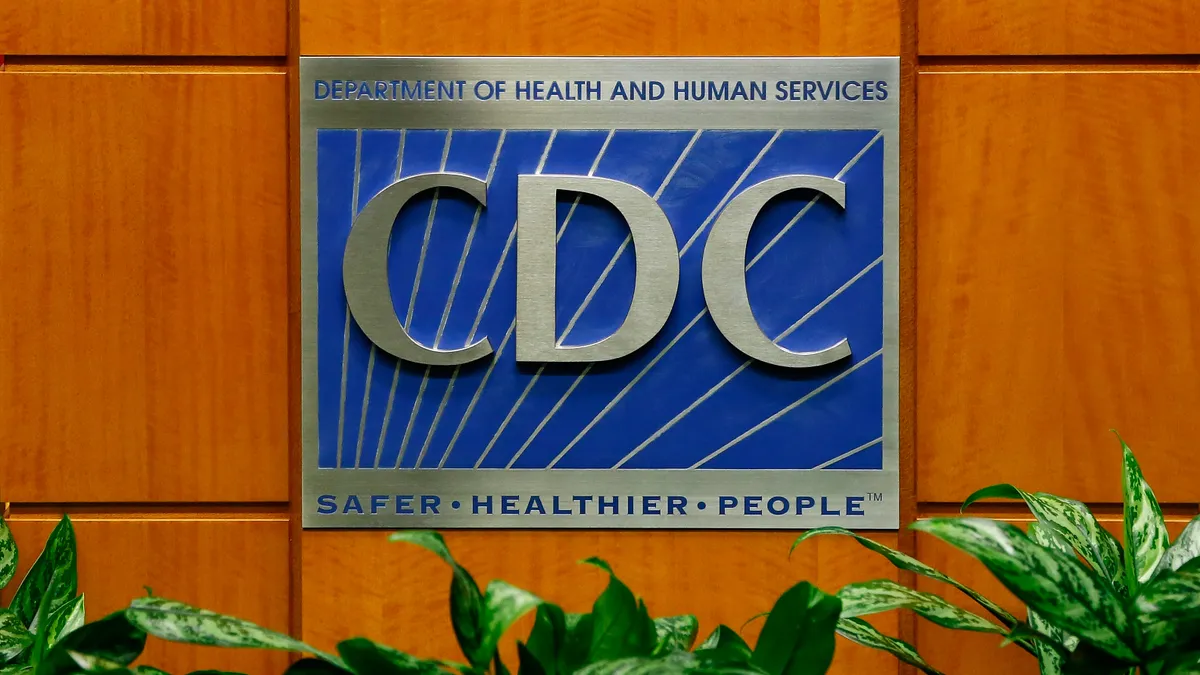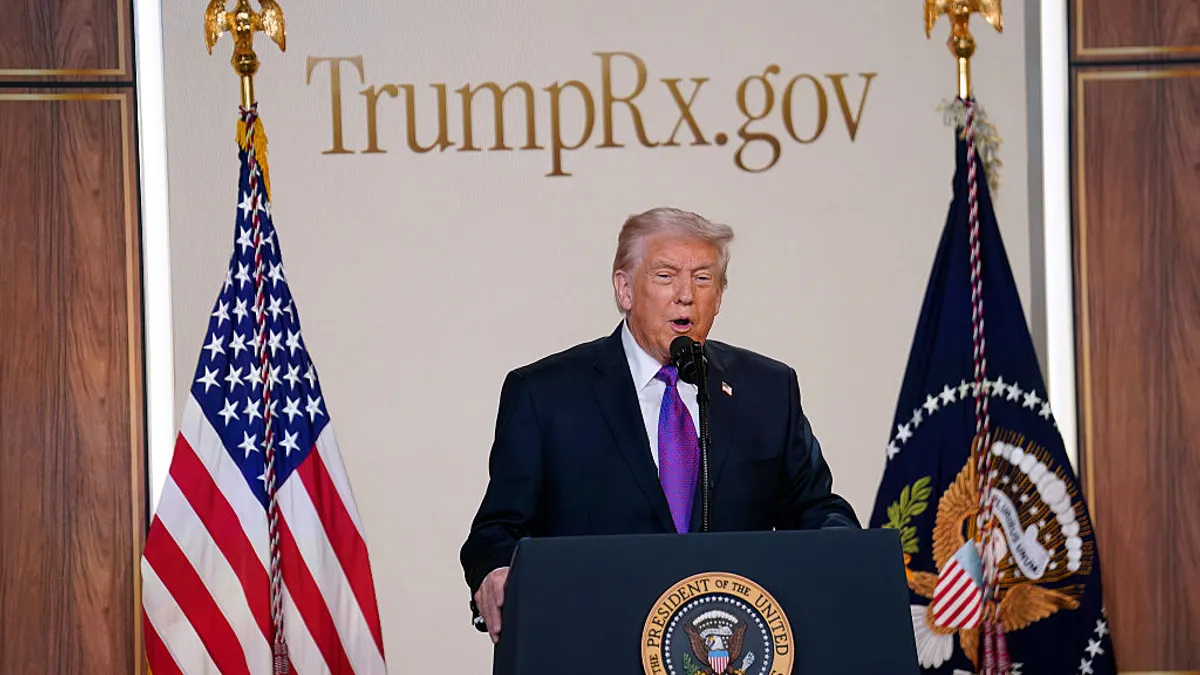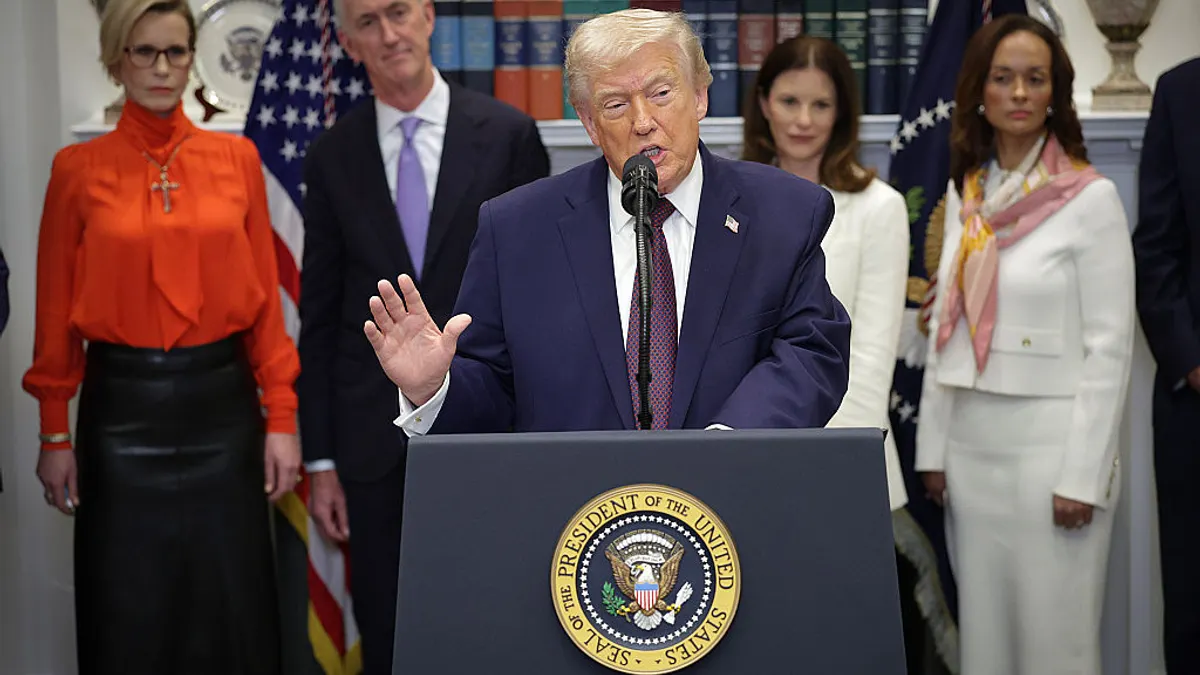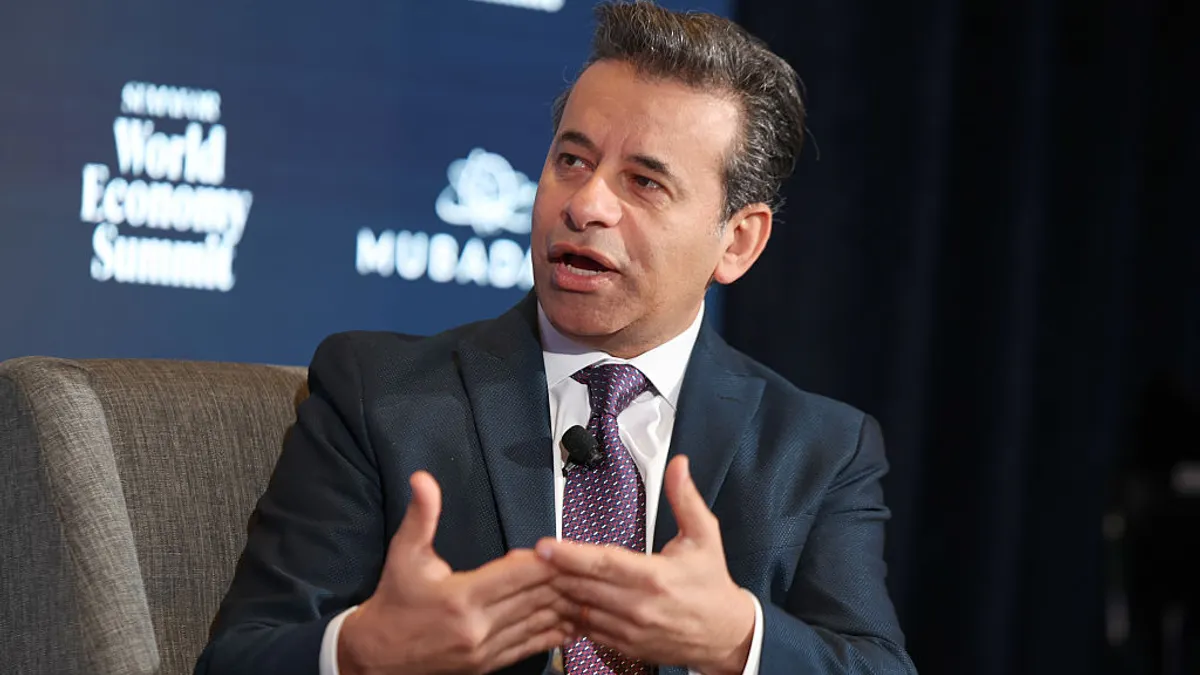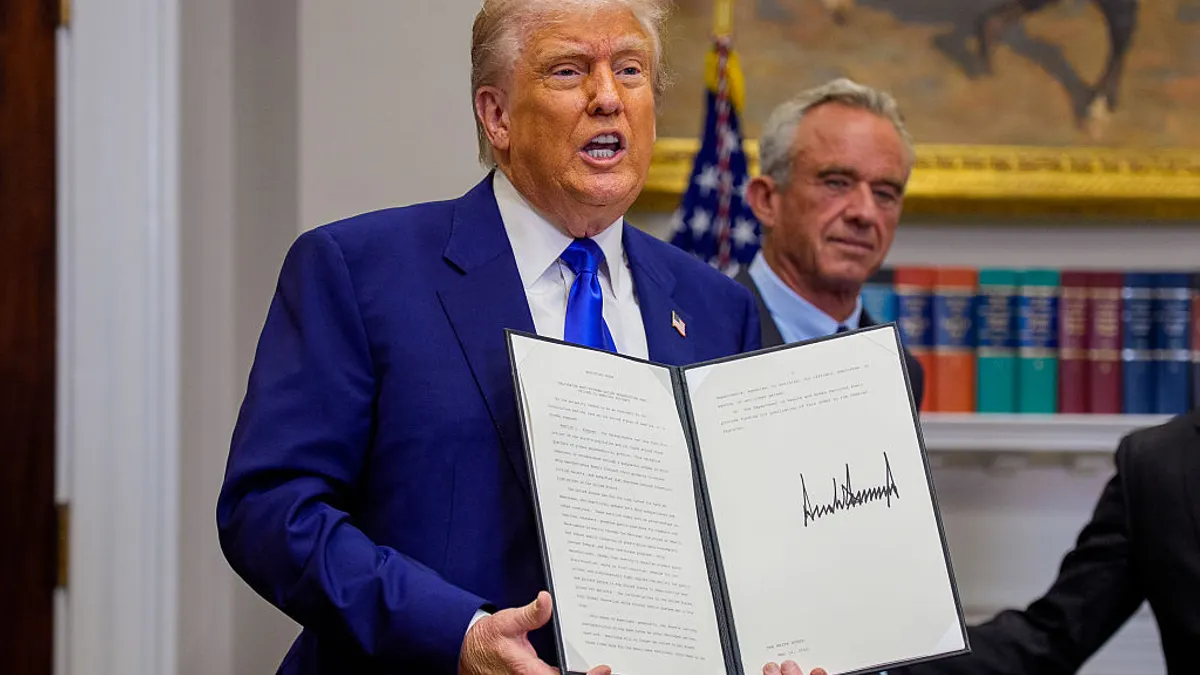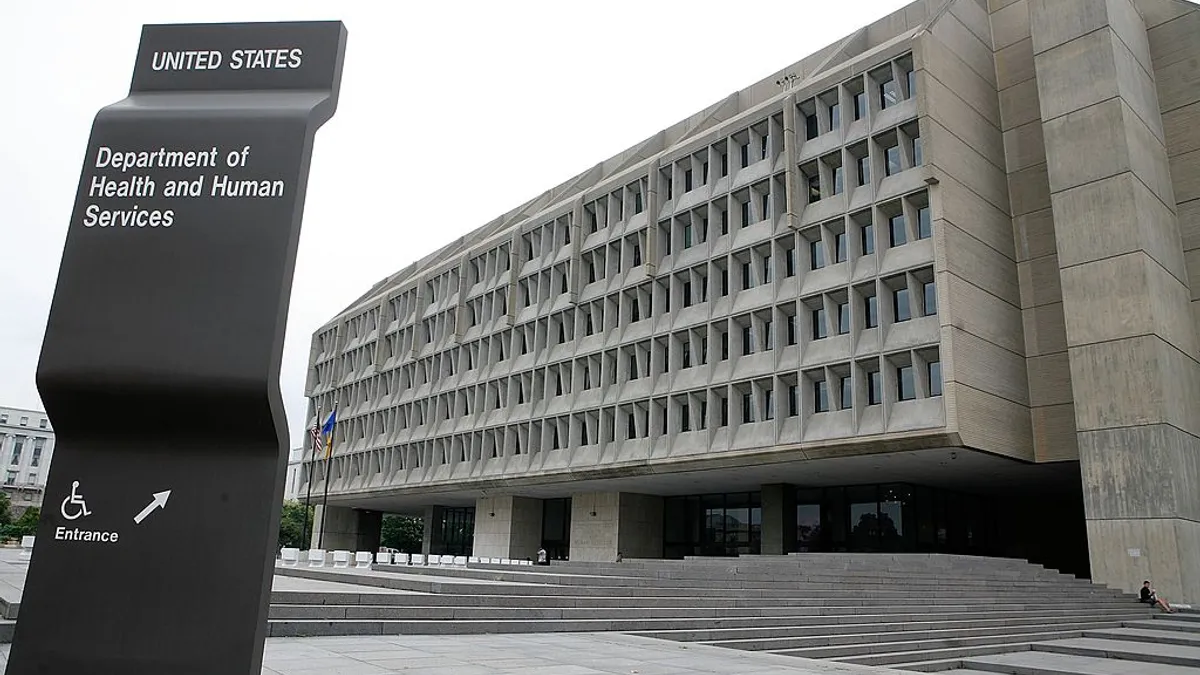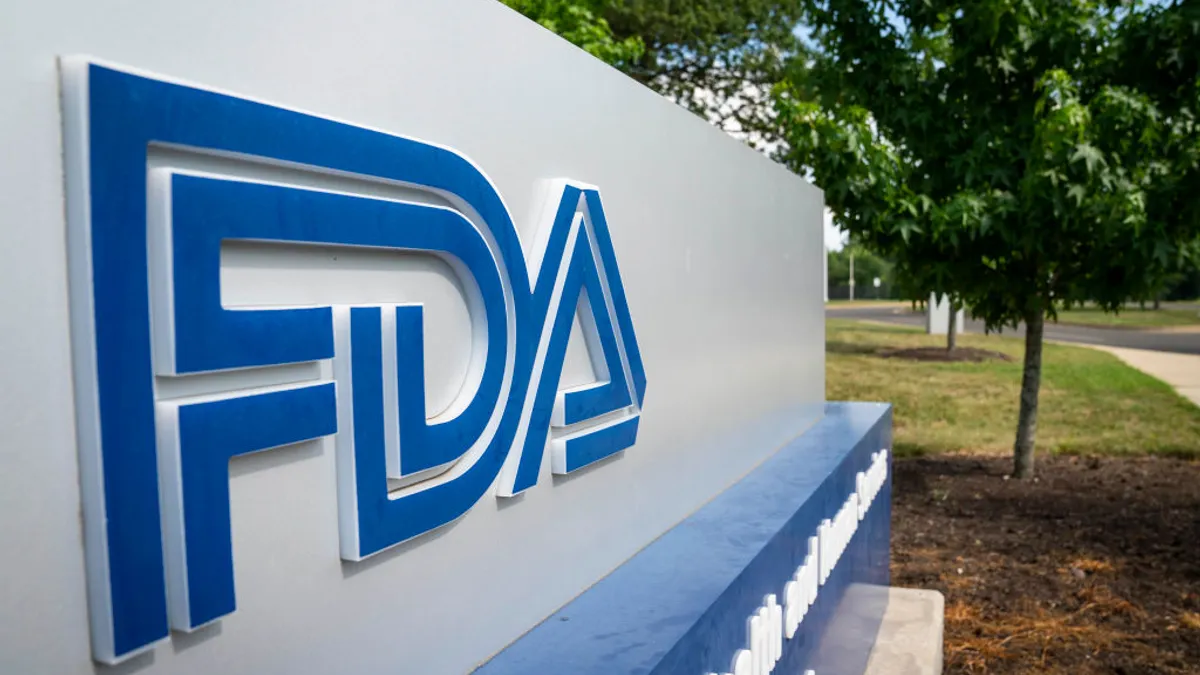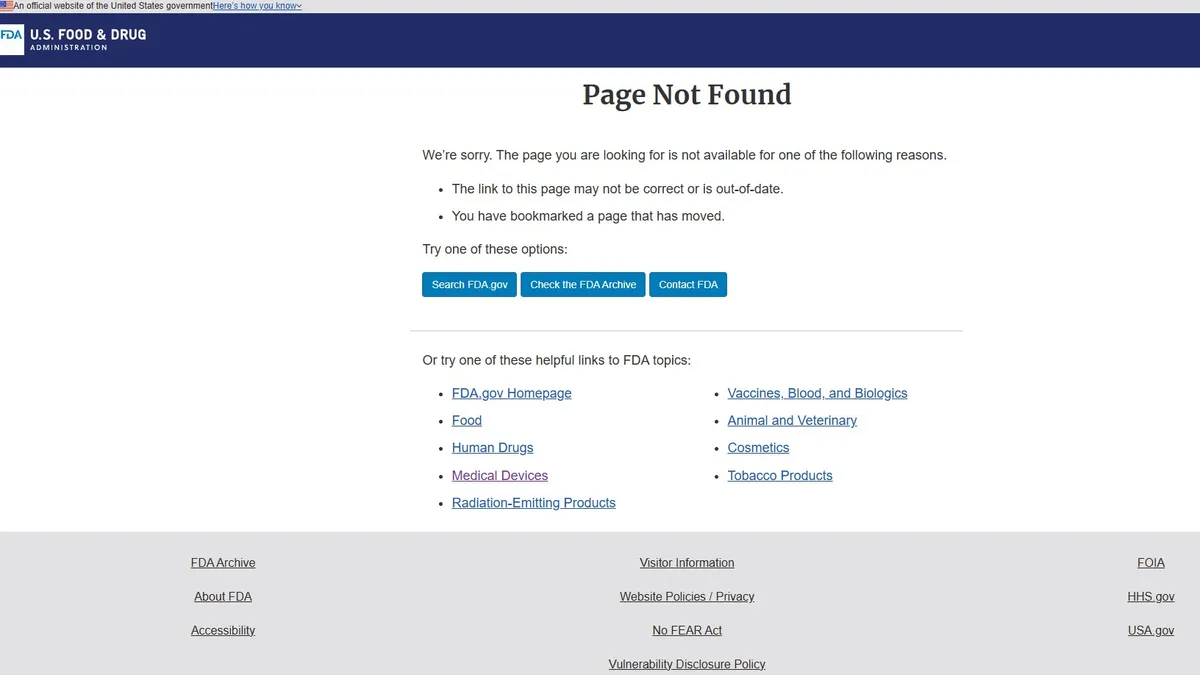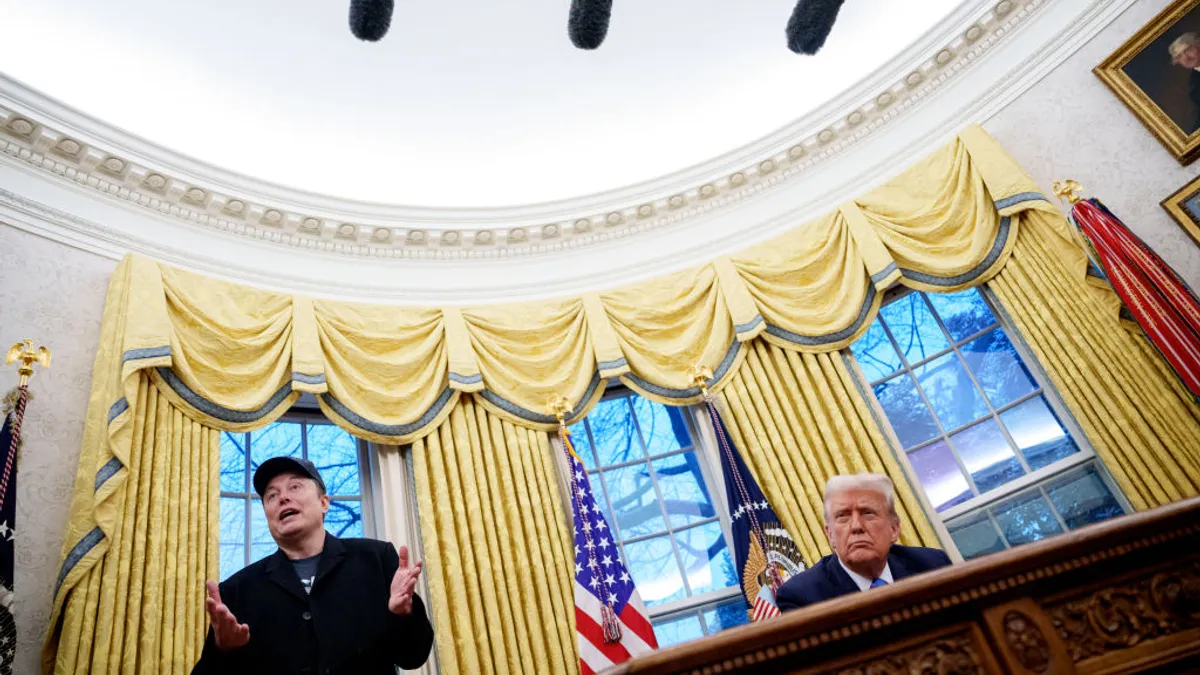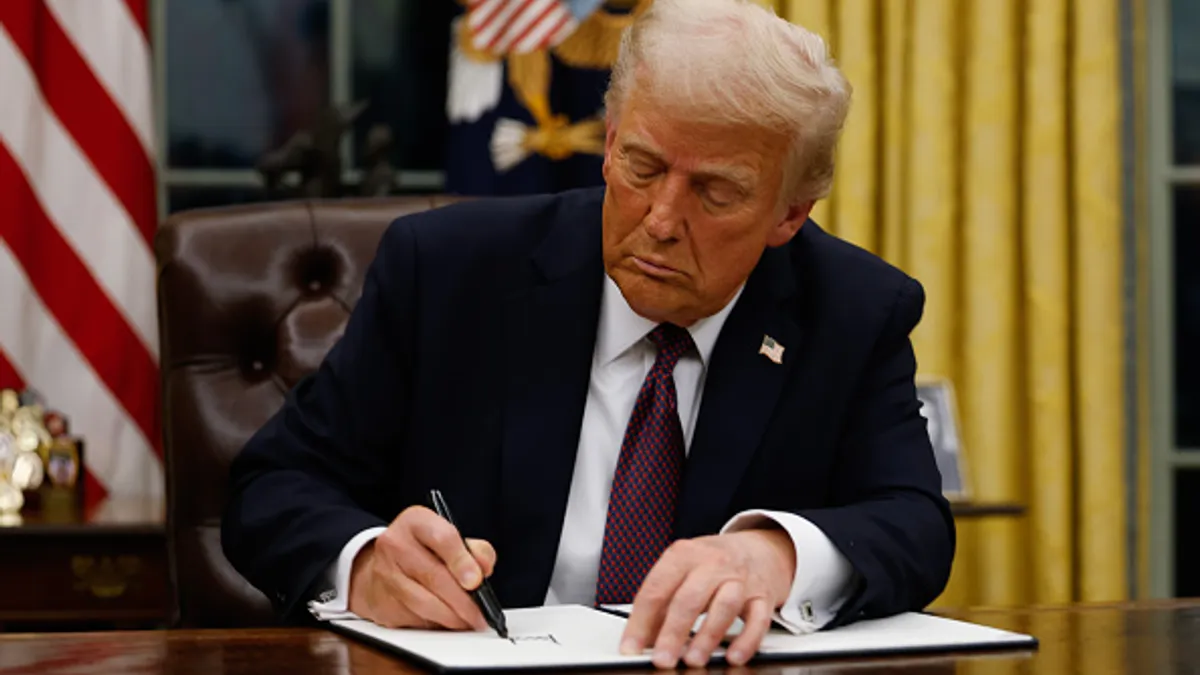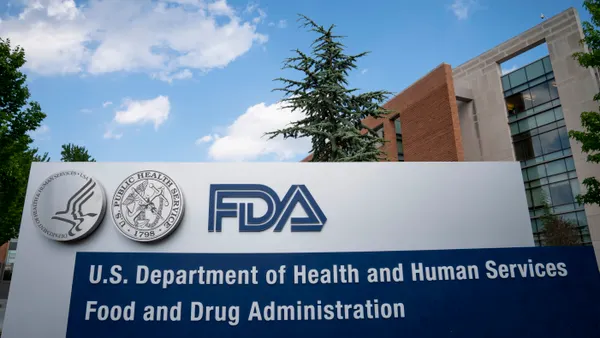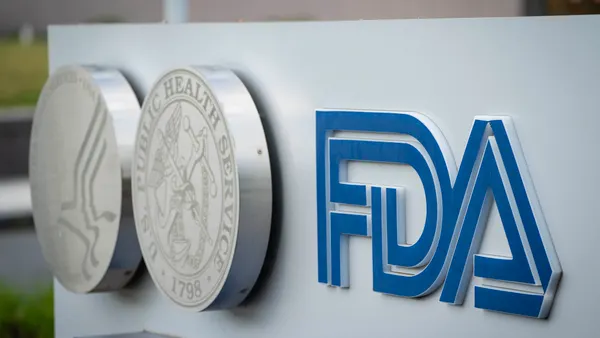The Food and Drug Administration has unveiled a new initiative meant to boost U.S. drug manufacturing, responding to a recent Trump administration order to find ways to speed the construction of new pharmaceutical factories.
The agency on Thursday announced what it’s called “FDA PreCheck,” a program it claims could “strengthen the domestic pharmaceutical supply chain” by making the regulation of those new facilities more predictable.
“The initiative is one of many steps FDA is taking that can help reverse America’s reliance on foreign drug manufacturing and ensure that Americans have a resilient, strong and domestic drug supply,” said FDA Commissioner Martin Makary in a statement.
The FDA’s announcement comes as the Trump administration has threatened heavy tariffs on pharmaceuticals into the U.S. On Tuesday, Trump said he would put a “small tariff” on such imports initially but could raise them to as much as 250% over the next year and a half. An announcement is expected “within the next week or so,” he said.
Ahead of those tariffs, many pharmaceutical companies have declared multibillion-dollar investments in U.S. drug manufacturing, which would represent a shift in the supply chain. The FDA, in its statement, noted that more than half of medicines distributed in the U.S. are made overseas, and the country is heavily reliant on foreign producers for the “active pharmaceutical ingredients” in medicines.
Still, building new drug factories can take years, meaning the billions of dollars drugmakers have promised to invest in 2025 will have a minimal impact on the current supply chain. A Trump administration executive order issued in May directed the FDA to construct them more quickly by reducing “duplicative or unnecessary requirements” in reviews and maximizing “timeliness and predictability.”
The program announced Thursday is meant to help address those concerns. The FDA said it intends to engage in more frequent communication with manufacturers at “critical development stages,” such as during the design, construction and pre-production phases, as well as push companies to lay out a “master file” of site-specific information that can be incorporated into a future drug application.
The agency also intends to use pre-application meetings and early feedback to help streamline the chemistry, manufacturing and controls section of a submission.
It didn’t provide other specifics in its statement.
The FDA will hold a public meeting on Sept. 30 featuring a presentation of the draft framework for the program.








